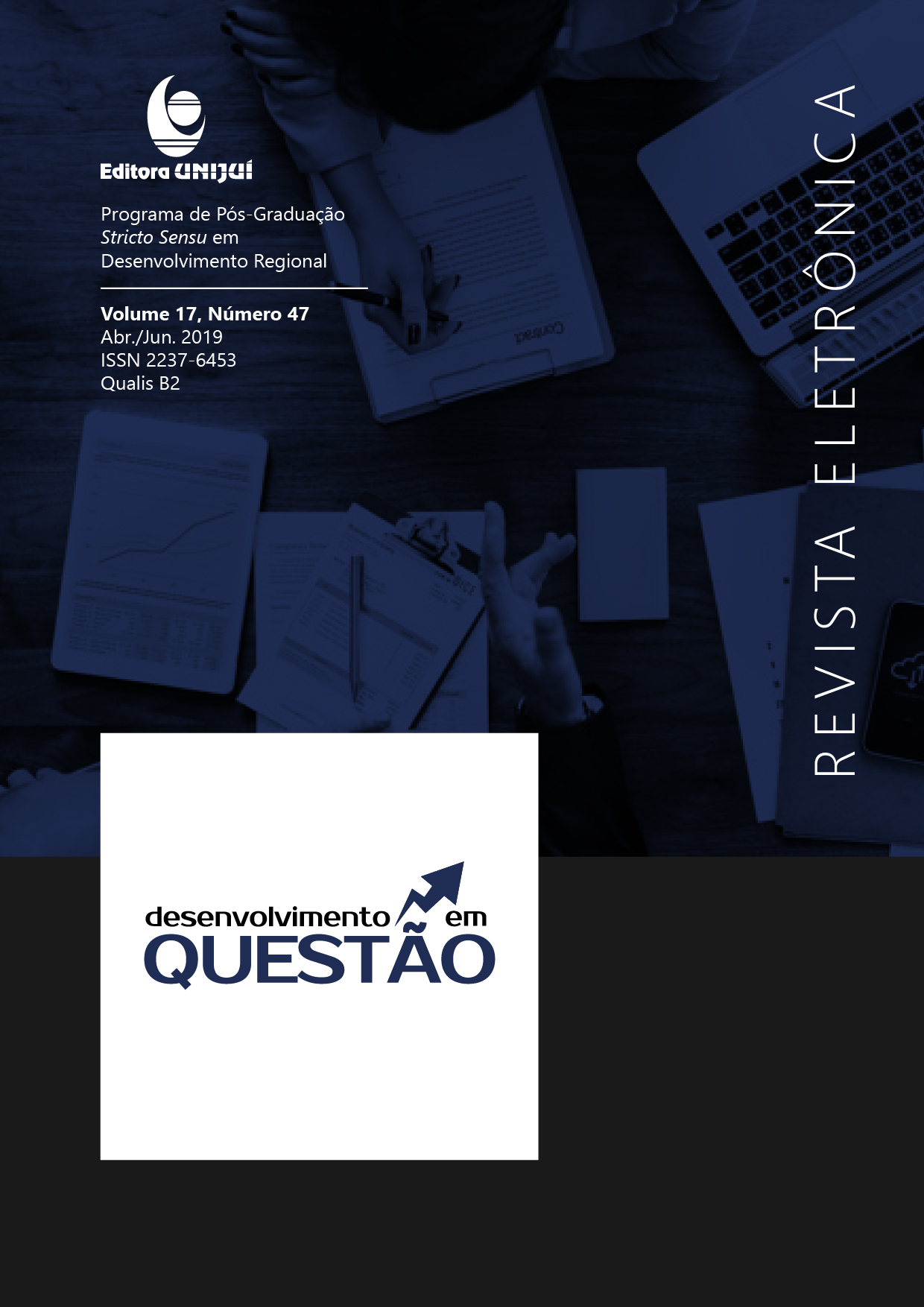Simulação Baseada em System Dynamics para Avaliação de Cenários sobre Geração e Disposição de Resíduos Eletrônicos em uma Instituição de Ensino Superior
DOI:
https://doi.org/10.21527/2237-6453.2019.47.357-372Palavras-chave:
Lixo eletrônico; Reuso; Instituição de ensino superior.Resumo
No presente trabalho, é proposto um modelo de simulação computacional, desde seu desenvolvimento até a sua validação, utilizando a metodologia System Dynamics. Esta técnica permitiu verificar e analisar os cenários acerca da compra de equipamentos eletrônicos nos últimos dez anos, geração e descarte de lixo eletrônico em uma Instituição de Ensino Superior utilizada como um caso para validar o modelo com dados reais. Com a utilização do modelo, pode-se concluir que, com uma simples adoção de uma taxa de reuso de 25% (vinte e cinco por cento), o quantitativo de lixo eletrônico relacionado a computadores e a impressoras reduz significativamente ao longo dos anos, cerca de 1/3 (um terço) quanto a impressoras, e mais do que a metade no tocante aos computadores. Desta forma, recomenda-se o estímulo à prática do reuso dos equipamentos eletrônicos, por meio de ações de conscientização e de campanhas de divulgação destinadas a toda a comunidade acadêmica da instituição pesquisada.
Downloads
Publicado
Como Citar
Edição
Seção
Licença
Ao publicar na Revista Desenvolvimento em Questão, os autores concordam com os seguintes termos:
Os trabalhos seguem a licença Creative Commons Atribuição 4.0 Internacional (CC BY 4.0), que permite:
Compartilhar — copiar e redistribuir o material em qualquer meio ou formato;
Adaptar — remixar, transformar e criar a partir do material para qualquer fim, inclusive comercial.
Essas permissões são irrevogáveis, desde que respeitados os seguintes termos:
Atribuição — Atribuição — os autores devem ser devidamente creditados, com link para a licença e indicação de eventuais alterações realizadas.
Sem restrições adicionais — não podem ser aplicadas condições legais ou tecnológicas que restrinjam o uso permitido pela licença.
Avisos:
A licença não se aplica a elementos em domínio público ou cobertos por exceções legais.
A licença não garante todos os direitos necessários para usos específicos (ex.: direitos de imagem, privacidade ou morais).
A revista não se responsabiliza pelas opiniões expressas nos artigos, que são de exclusiva responsabilidade dos autores. O Editor, com o apoio do Comitê Editorial, reserva-se o direito de sugerir ou solicitar modificações quando necessário.
Somente serão aceitos artigos científicos originais, com resultados de pesquisas de interesse que não tenham sido publicados nem submetidos simultaneamente a outro periódico com o mesmo objetivo.
A menção a marcas comerciais ou produtos específicos destina-se apenas à identificação, sem qualquer vínculo promocional por parte dos autores ou da revista.
Contrato de Licença (para artigos publicados a partir de 2025): Os autores mantêm os direitos autorais sobre seu artigo, e concedem a Revista Desenvolvimento em Questão o direito de primeira publicação.











